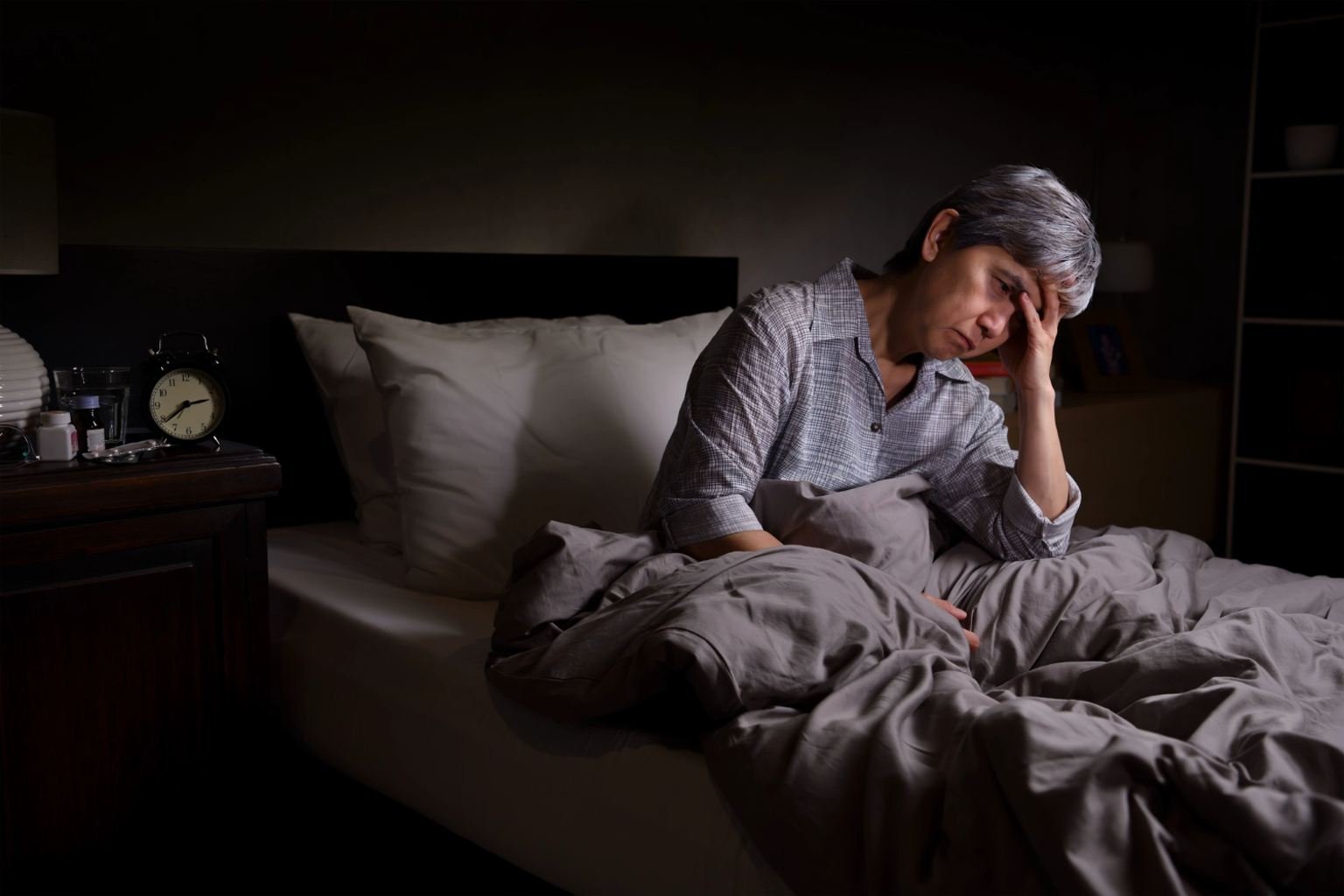Many of us lie awake wondering if waking up during the night is normal or a sign of something serious. What if I told you that waking up several times a night is actually quite common? In fact, the truth about normal sleep might surprise you and could change how you view those restless hours.
A study from the National Sleep Foundation reveals that our internal clock, known as the circadian rhythm, shifts as we age, especially after 60. This shift affects when we feel sleepy and when we wake up naturally. For many older adults, falling asleep earlier and waking up earlier is typical, often accompanied by one or two awakenings during the night that are perfectly normal.
Understanding normal nighttime awakenings
It turns out we all wake up more than we realize. On average, people experience over twenty brief awakenings throughout the night, but most of these are so short and light that we don’t even remember them. The trouble only begins when we wake fully and struggle to fall back asleep.
Sleep experts suggest that waking up once in the middle of the night is normal before age 60. After 60, waking up two or even three times during the night can still fall within healthy sleep patterns. What matters most is if you can quickly return to sleep afterward.
How aging affects your sleep patterns
Why does our sleep change with age? As we grow older, the body’s internal timekeeper shifts. For me personally, I noticed in my 60s that I naturally start feeling sleepy much earlier in the evening and tend to wake up at dawn, even without setting an alarm. This change can lead to early awakenings paired with lighter sleep throughout the night.
Older adults may think frequent wake-ups are a sign of poor sleep, but it might just be part of the normal aging process. Still, if you find yourself awake for long periods or feel groggy during the day, these could be signs of developing insomnia or another sleep disorder that deserves attention.
Why good sleep matters for your health
Sleep is far more than just downtime. It’s the foundation for both physical and mental health. When we don’t get enough quality sleep, our bodies don’t repair properly, and our minds struggle to stay sharp and resilient.
Think about a night when you tossed and turned, unable to fall back asleep for over an hour. The next day, everything feels harder—concentration drops, mood sours, and energy runs low. Protecting your sleep should be just as important as choosing what you eat or how much you exercise.
If you experience frequent awakenings that disrupt your rest or leave you feeling unrested, it might be time to seek a professional evaluation. Many simple lifestyle changes—like limiting caffeine, maintaining a consistent bedtime, or managing stress—can improve sleep quality dramatically.
Have you noticed changes in your sleep as you’ve gotten older? How do you handle those middle-of-the-night wake-ups? Share your experiences and tips below. Your story could help someone else feel less alone in their struggle or uncover a small change that makes a big difference.

My sleep is really gotten messed up I will soon be 72 I have problems with metformin in a closely watched diet and wake up several times a night just to get to the bathroom
I wake up 6 or 8 times unless then 6 hours or 7 hours of sleep metformin really screws me up my sleep is restless and unfulfilling how to get nervous easy during the night trying to get back to sleep and I usually fail